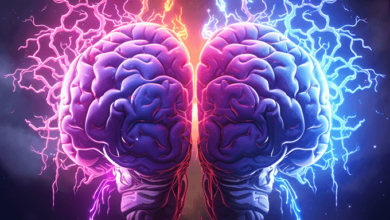
Deepfakes are highly controlled and policed by the Chinese government regarding how they may be employed in China. The failure of these algorithms to get registered with the CAC might lead to their app hosting services getting deleted from domestic app stores.
Recently, China has made a major step forward in forming and controlling its AI industry, with an emphasis on deepfakes. Currently, the Cyberspace Administration of China (CAC) has certified 487 new AI algorithms, and this indicates how China is in control and, at the same time, in a process of nurturing the AI inventions.
The above-mentioned approved algorithms are used in a variety of applications, including domestic major technology companies such as Baidu, Alibaba, and Tencent and international companies such as Hewlett-Packard (HP).
The names approved by the CAC are the second-largest since the emergence of the deepfake regulation early this year in January 2023.
The newly approved algorithms are Baidu’s portrait image diffusion generator that works together with its cloud gallery app Yike and the search algorithm employed by WeChat from Tencent.
In DingTalk, its enterprise collaboration tool, Alibaba has filed for an algorithm for document preparation and another algorithm in images and videos created by Damo Academy for corporate business creation.
All these initiatives are to be implemented as a part of compliance with the Administrative Provisions on Deep Synthesis for Internet Information Services.
Policies and laws are strictly implemented and enforced by the Chinese government on how deep fakes are employed in the country. If these algorithms are not registered with the CAC, they could be pulled from domestic app stores.
The CAC soon started publishing white lists of approved algorithms and has so far released the seventh such list, as shown in Table 1. The largest list to date was updated in June and consists of 492 algorithms.



